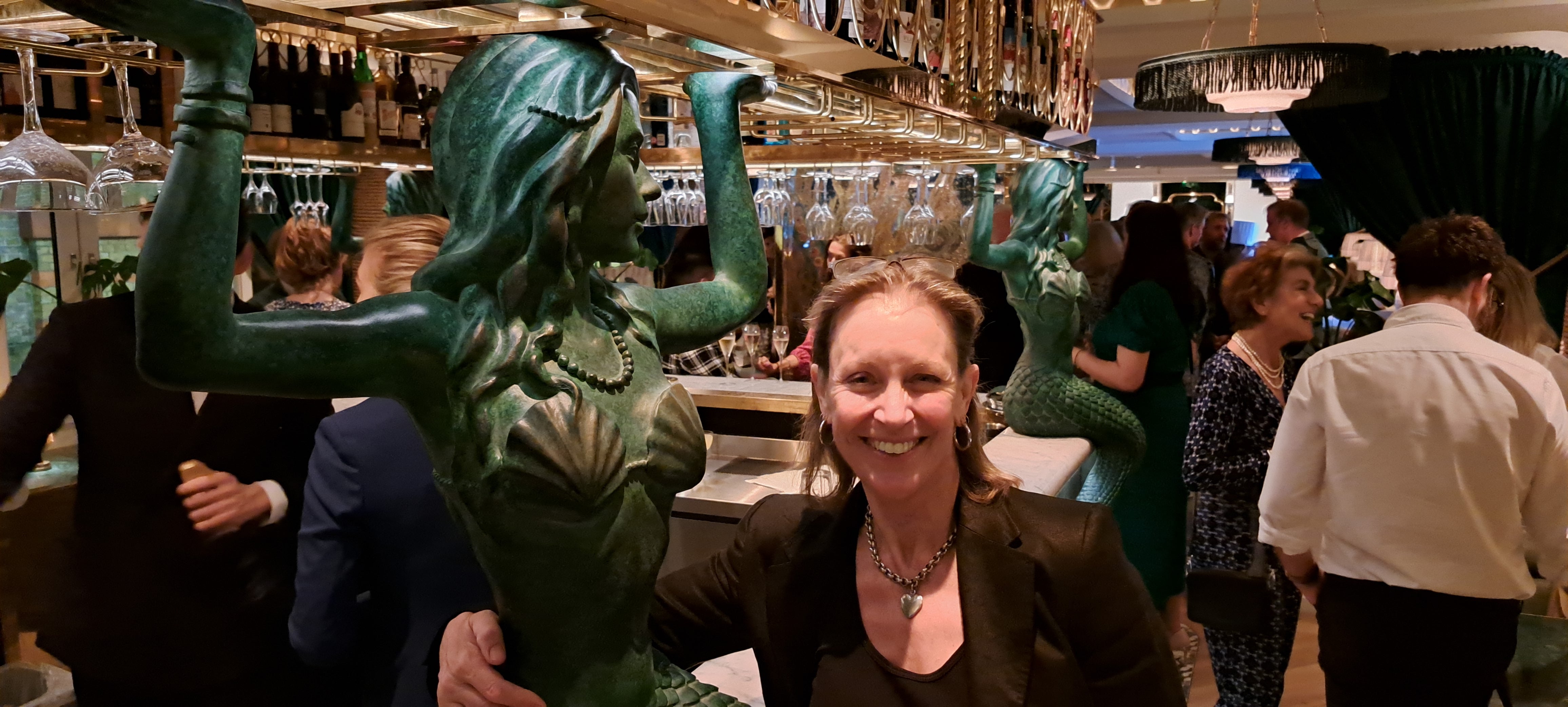After 300 years of weather and two world wars, the Sycamore Gap tree could not survive the spite of a saw
In her latest exclusive poem, Frieda Hughes mourns the late, great tree at Hadrian’s Wall – and also muses on what it feels like to be a ‘fugitive’ in London, late at night...


A LONDON MARATHON
As my last guest leaves my gallery’s first opening on the fourth day,
Their arms embracing a painting bought on their way out at 10pm,
I turn to face the white empty spaces now left that denote a success.
I long to sleep, but sleep is fugitive for London;
The major advancements of The Minor Hotels Group
Are being celebrated at Manzi’s in Soho, and I am invited. There will be
Too many oysters to refuse, despite the two hundred miles between me
And their life-size green mermaids. So, I cluster appointments to fill the day
As if it were a shopping cart, leaving home like a fugitive in the 3am dark
To arrive in the southeast at seven. I work my way back through the city
To the party, the M40 and Wales via meetings and an hour’s spare time
At The Groucho Club bar with a tonic and lime. Three brothers beside me
Are celebrating the youngest’s fortieth birthday. One has written a book
About brother-love during lockdown from the Covid isolation
Of his Spanish olive grove. I ask if he has achieved all he’s aimed for
Even as I realise I am half way there; having shovelled and dug and shifted
The soil of all my small goals, I can see the mountains have finally moved
And I have a clear view of the valley beyond. Then the Sycamore Gap tree falls.
After 300 years of weather and two world wars standing at Hadrian’s Wall
It could not survive the spite of a saw.